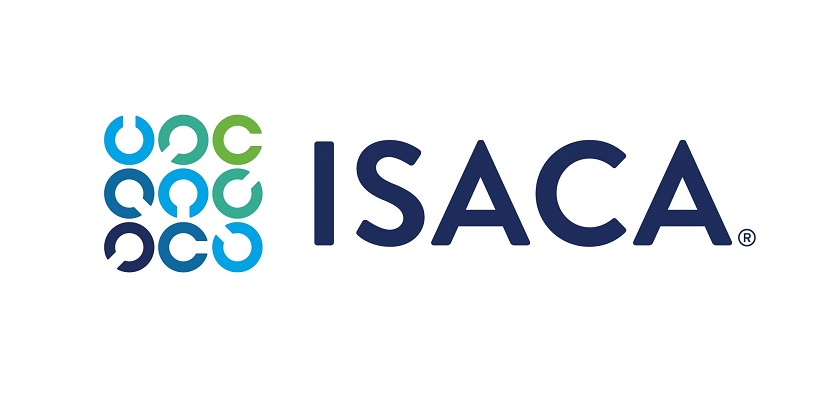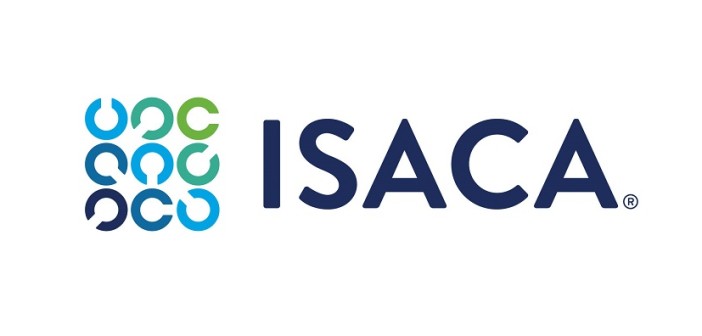
With KPMG reporting innovation and disruption as one of the top five biggest issues facing Australian businesses in 2020, recent research from global, non-profit IT association ISACA shows that 54% of respondents think that AI will eliminate more jobs in the finance industry that it creates in the next decade. (Edited)
Only the manufacturing industry will see bigger job losses at 57% according to the survey respondents. ISACA’s Next Decade of Tech: Envisioning the 2020s survey of more than 5,000 business technology professionals comes as the global professional association continues its longstanding commitment to helping its members and enterprises navigate the future of technology.
Other sectors such as healthcare and technology will also be impacted with over a third (42%) of each industry being affected. Survey respondents believe the concept of the augmented workforce – people, robots and AI working closely together – will be widespread and have an overwhelming impact on how jobs are performed across all sectors, including Government.
The research found that respondents also believe AI will lead to an increase in short-term contracts and a decrease in job stability. In the finance and manufacturing sectors, short-term contracts are predicted to rise by over half to 57% in each sector, leading to a decrease in the traditional 40-hour work week (41% in finance and 37% in manufacturing).
Responses were mixed on how AI may impact pay levels. Half of respondents predict pay levels will increase in the IT sector as a result of the augmented workforce, whereas approximately a quarter of respondents believe the finance, manufacturing and healthcare sectors will see pay levels rise.
Enterprises Not Yet Adequately Prepared
Respondents predict both the finance and manufacturing industries will see a moderate or major impact on profitability from AI, 89% and 88% respectively. The research also shows respondents are unconvinced that enterprises are adequately preparing themselves for what tech advancements in the next decade will set in motion.
Eight in 10 respondents (81%) think enterprises are not yet investing adequately in the people skills needed to navigate the technology changes to come, while 70% think enterprises are underinvesting in the technology needed to retool their organisations for the 2020s.
“As we move into the 2020s, the pace of technology-driven change will continue to accelerate, so it’s more important than ever to be always learning,” said ISACA CEO David Samuelson. “Both as individuals and in our companies, we will need new skills and frameworks to be equipped to navigate the inevitable change ahead.”





